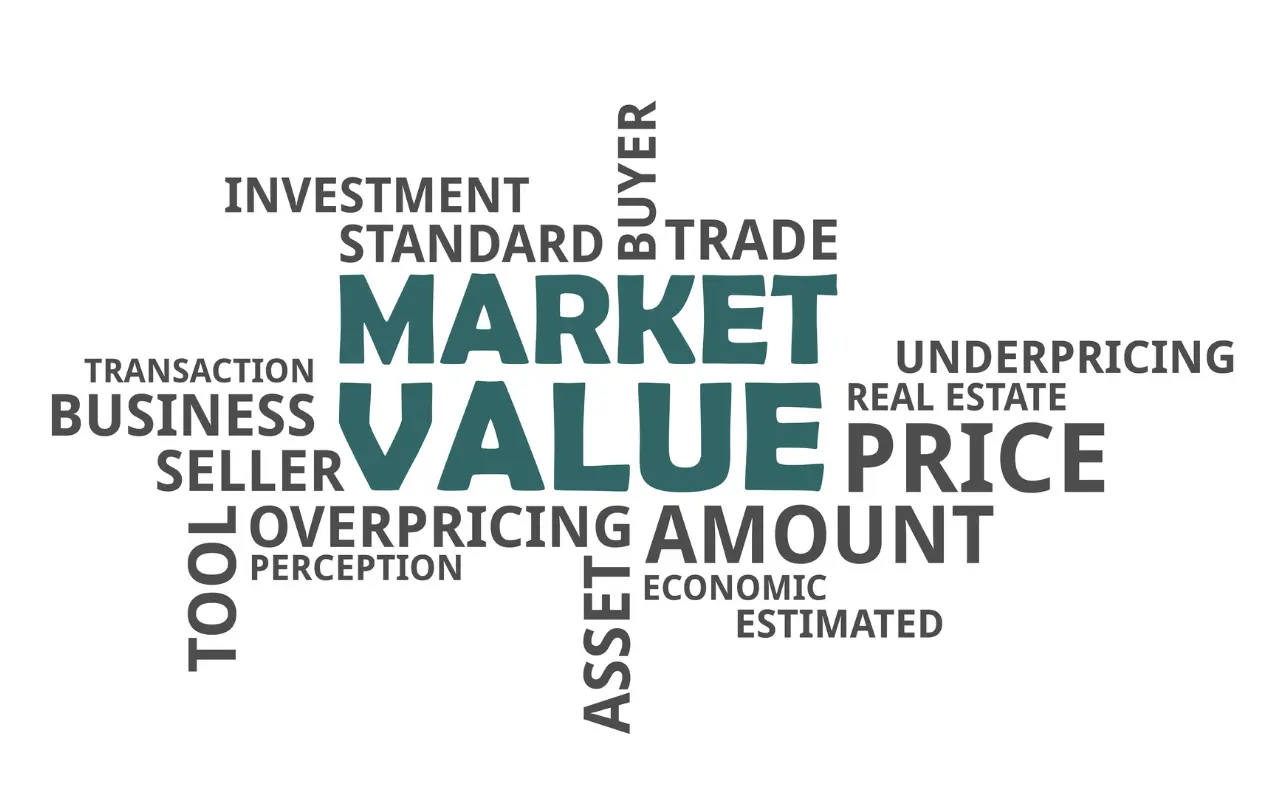
Why Boosting Your Businesses Market Value Is Key Before Selling
When considering the sale of your business, one of the most critical steps is boosting your business’s market value. The market value reflects what potential buyers are willing to pay, and enhancing this value can lead to a significantly higher sale price. In a competitive landscape, understanding how to increase this valuation can differentiate between a tolerable sale and one that surpasses your expectations. This article will discuss diverse strategies to advance your business’s market value before you put it on the market.
Understanding Market Value And Its Importance
Market value is influenced by a myriad of factors, including financial performance, industry trends, and the broader economic environment. An accurate understanding of this value allows you to set a realistic asking price, thereby attracting the right buyers. A high market value reflects a strong and sustainable business model and enhances buyer confidence, as it signals lower risk and higher potential returns.
Potential buyers will scrutinise various aspects of your business, making it crucial to be well-prepared. Knowing your market value can help you substantiate your asking price with concrete data and performance metrics. Additionally, businesses with a substantial market value generally find it more accessible for prospective buyers to secure financing, thereby facilitating a smoother transaction process. Thus, investing time and resources into boosting your business’s market value is advantageous for both you and potential buyers, creating a win-win situation in the sale process.
Financial Health And Transparency Are Crucial
Maintaining robust financial health is paramount when striving to boost your business’s market value. Potential buyers will scrutinise your revenue streams, profit margins, and overall economic stability, making it imperative that your financial records are both meticulous and transparent. Up-to-date balance sheets, income statements, and cash flow statements clearly show your financial standing, fostering trust with prospective buyers.
Engaging a financial consultant or conducting a thorough audit before listing your business can be highly beneficial. This ensures that your financials are accurate and helps identify any discrepancies or hidden liabilities that could otherwise detract from your market value. Transparency in financial reporting is essential, as any ambiguity can lead to scepticism and potentially lower offers from buyers. By presenting a clear and honest financial picture, you enhance your credibility and increase the likelihood of securing a favourable sale.
Enhancing Operational Efficiency To Increase Value
Operational efficiency directly impacts your business’s attractiveness to potential buyers. When a company demonstrates optimised operations, it often translates to lower operational costs and higher profit margins. To achieve this, you can start by evaluating your current processes and identifying bottlenecks or areas of redundancy. Implementing advanced technologies such as automation tools or cloud-based solutions can significantly enhance productivity. For instance, using enterprise resource planning (ERP) software can streamline various business functions, from inventory management to human resources, thereby improving overall efficiency.
Additionally, training your staff to be adept at using these new tools and technologies is crucial. Well-trained employees can perform tasks more efficiently, reducing errors and increasing output. Another area to focus on is supply chain management; optimising your supply chain can lead to faster turnaround times and cost savings, making your business more competitive.
Don’t overlook the importance of customer service efficiency. Implementing customer relationship management (CRM) systems can help manage customer interactions more effectively, leading to higher customer satisfaction and retention rates. These enhancements boost your current performance and make your business a more enticing prospect for buyers, who will value the streamlined operations and potential for sustained profitability.
The Role Of Customer Base And Market Position
Your customer base and market position are crucial when it comes to enhancing your business’s market value. A loyal and diversified customer base signifies stability and a consistent revenue stream, which are highly attractive to potential buyers. Focus on nurturing relationships with your existing customers and implementing strategies to improve customer retention, such as loyalty programmes or personalised services.
Market position is another key factor that can significantly impact your business’s value. A well-established market position reflects your industry standing and indicates potential for future growth. Investing in marketing efforts to strengthen brand recognition and exploring new market opportunities can make your business more appealing to buyers. Consider enhancing your online presence, utilising social media platforms, and participating in industry events to boost your visibility.
Additionally, showcasing any unique selling propositions (USPs) that differentiate your business from competitors can further solidify your market position. This might include exclusive products, exceptional customer service, or innovative business models. Illustrating a solid market presence and a loyal customer base will make your business more appealing and justify a higher market valuation.
Strengthening Your Intellectual Property And Assets
Strengthening your intellectual property (IP) and assets is a strategic move that can significantly elevate your business’s market value. IP encompasses patents, trademarks, copyrights, and proprietary technologies, all of which can be critical differentiators in the marketplace. Conduct a thorough IP audit to identify and value your intangible assets. This audit can indicate the genuine worth of your innovations and help formalise ownership, which is a crucial step before selling.
Additionally, emphasising your unique processes, proprietary technologies, or exclusive products can make your business more attractive to potential buyers. Documenting these assets and showcasing how they provide a competitive edge will enhance buyer confidence. Buyers are more likely to invest in a business that offers distinct advantages over competitors, which your IP can provide.
Beyond intellectual property, consider the value of your physical and digital assets. Up-to-date equipment, a robust online presence, and a modern IT infrastructure can further boost your business’s attractiveness. Ensure all assets are well-maintained and documented, offering potential buyers a clear understanding of what they will acquire.
Highlighting these aspects during the sale process can offer significant leverage in negotiations, enabling you to justify selling your business at the right price. Strengthening your intellectual property and assets enhances your market value and positions your business as a forward-thinking and innovative enterprise, making it a more compelling investment opportunity.























